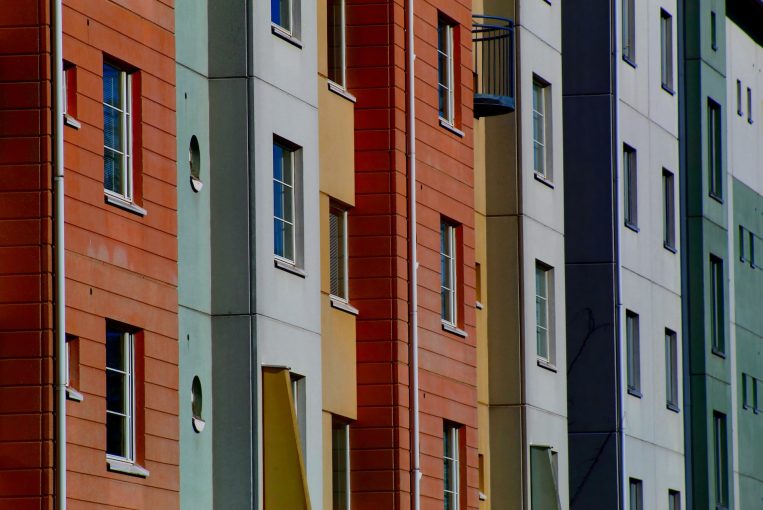
The UK is ensnared in a housing crisis. With a shortage of homes, and wait lists for social homes surpassing the million threshold, renting has become the only option for many people. Yet record high rent prices, soaring energy bills and rising food prices, mean that even renting is becoming unaffordable, particularly for young people.
Recent data shows people under-30 are spending more than 30% of their income on rent, more than any other age group.
This comes at a time when housing benefit – determined by Local Housing Allowance rates – remains frozen at 2019 levels, and the private market is more precarious than ever with ‘no fault’ evictions up 76% from the previous year.
Young people are disproportionately affected by the housing crisis, as Depaul’s Housing coordinator, Kiran explains; “This age group – between 18-25 – they are at real disadvantage when finding decent housing, because they are not earning the kind of salaries needed. “They’ve got no chance of renting, let alone owning their own home.”
That’s why at Depaul, we’ve taken things into our own hands. Our peer housing project, set up in partnership with Commonweal Housing, provides young people with safe and suitable housing, with rents set at an affordable price for those on low-incomes.
Each house has a modern kitchen, dining area, bathroom and garden, as well as a private bedroom. Ruth, 24, explains how it works:
“I have two flat mates and we’re all in the same age-bracket. I have my own room, and my own place. If there wasn’t this option, I don’t know what I’d do. I’m not earning enough money to go into private renting. But peer housing fits within my budget, and is also a place I can call my home.” The idea is not just about providing a short-term fix for young people.
As Kiran explains,
“We’re dealing with a ‘generation rent’ kind of group. They’re in that cycle where they’re not earning enough, they can’t build a deposit, they won’t ever get that leg up if you like, without making those big changes to their life. That is what this scheme allows them to do.”
So how did we get here? Kiran continues, “It’s a systemic issue. A lot of the young people we support have been statemented or excluded from school. So, there is a learning gap. As soon as they leave school at 16 or they’ve decided they don’t want to return to school, you sort of lose them at that age. It’s an education, employment and training issue, matched with housing as well.”
Schemes such as our peer housing show what young people can achieve with access to safe and suitable accommodation and the support they need.
Jordan explains the difference it made for her: “During my time in the peer housing, I have been able to attend college and get my diploma in business through an access course which has now allowed me to go onto study Accounting and Finance at the University of Greenwich. Going to university was always something I wanted to do, but due to my circumstances I didn’t believe I would be able to. Thanks to this housing I have been able to do just that. I am currently preparing for my second year of university and working at Amazon in order to save and get a permanent place of my own to continue building my future.”
So, what now? Kiran said:
“It’s not just about giving young people rent they can afford. It’s reaching those people that have been excluded from any help. There isn’t enough housing that supports those young people to be able to turn their lives around.
“These kind of schemes allow them not to just exist. It allows them to settle, to explore and find their goals and aspirations and ultimately to take control of and transform their lives.”
While rent prices continue to price young people out of the rental market, Depaul UK will continue to be committed to supporting young people navigate the housing crisis. Peer housing is just one of the services which can help young people to do this.